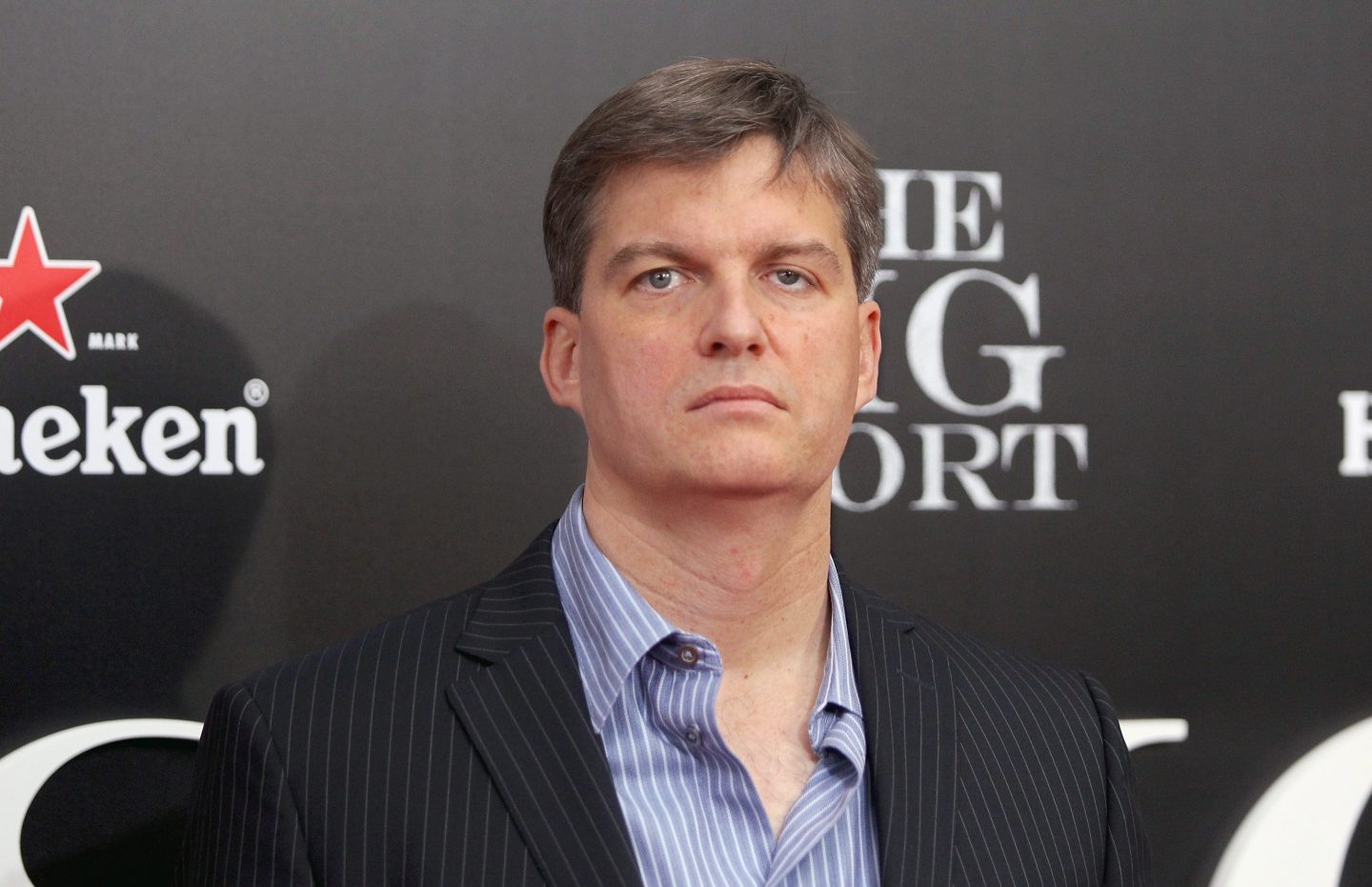Why Twitter Probably Can’t Predict Who Will Become President

Republican presidential candidates, Ohio Gov. John Kasich, former Florida Gov. Jeb Bush, Sen. Marco Rubio, R-Fla., businessman Donald Trump, Sen. Ted Cruz, R-Texas, retired neurosurgeon Ben Carson and New Jersey Gov. Chris Christie (L-R) line up on the stage at the beginning of a Republican presidential primary debate hosted by ABC News at the St. Anselm College Saturday, Feb. 6, 2016, in Manchester, N.H. (AP Photo/David Goldman)Photograph by David Goldman — AP
About the Author
Latest in Tech
Finance
Lorem ipsum dolor sit amet, consectetur adipiscing elit, sed do eiusmod tempor incididunt ut labore et dolore magna aliqua. Ut enim ad minim veniam
By Fortune Editors
October 20, 2025Finance
Lorem ipsum dolor sit amet, consectetur adipiscing elit, sed do eiusmod tempor incididunt ut labore et dolore magna aliqua. Ut enim ad minim veniam
By Fortune Editors
October 20, 2025Finance
Lorem ipsum dolor sit amet, consectetur adipiscing elit, sed do eiusmod tempor incididunt ut labore et dolore magna aliqua. Ut enim ad minim veniam
By Fortune Editors
October 20, 2025Finance
Lorem ipsum dolor sit amet, consectetur adipiscing elit, sed do eiusmod tempor incididunt ut labore et dolore magna aliqua. Ut enim ad minim veniam
By Fortune Editors
October 20, 2025Finance
Lorem ipsum dolor sit amet, consectetur adipiscing elit, sed do eiusmod tempor incididunt ut labore et dolore magna aliqua. Ut enim ad minim veniam
By Fortune Editors
October 20, 2025Finance
Lorem ipsum dolor sit amet, consectetur adipiscing elit, sed do eiusmod tempor incididunt ut labore et dolore magna aliqua. Ut enim ad minim veniam
By Fortune Editors
October 20, 2025Most Popular
Finance
Lorem ipsum dolor sit amet, consectetur adipiscing elit, sed do eiusmod tempor incididunt ut labore et dolore magna aliqua. Ut enim ad minim veniam
By Fortune Editors
October 20, 2025Finance
Lorem ipsum dolor sit amet, consectetur adipiscing elit, sed do eiusmod tempor incididunt ut labore et dolore magna aliqua. Ut enim ad minim veniam
By Fortune Editors
October 20, 2025Finance
Lorem ipsum dolor sit amet, consectetur adipiscing elit, sed do eiusmod tempor incididunt ut labore et dolore magna aliqua. Ut enim ad minim veniam
By Fortune Editors
October 20, 2025Finance
Lorem ipsum dolor sit amet, consectetur adipiscing elit, sed do eiusmod tempor incididunt ut labore et dolore magna aliqua. Ut enim ad minim veniam
By Fortune Editors
October 20, 2025Finance
Lorem ipsum dolor sit amet, consectetur adipiscing elit, sed do eiusmod tempor incididunt ut labore et dolore magna aliqua. Ut enim ad minim veniam
By Fortune Editors
October 20, 2025Finance
Lorem ipsum dolor sit amet, consectetur adipiscing elit, sed do eiusmod tempor incididunt ut labore et dolore magna aliqua. Ut enim ad minim veniam
By Fortune Editors
October 20, 2025











In politics, it is said that all press is good press. But that does not necessarily apply to tweets, according to a study released this week.
In fact, it is difficult to predict the outcome of an election based on the amount of Twitter (TWTR) buzz a candidate gets, according to the study from the Social Science Computer Review.
The study, whose relevance to this year’s U.S. election was sharply disputed by Twitter, focused on the 2013 German federal election and found that Twitter data was a more accurate measure of the level of interest in candidates rather than the level of support they will receive.
“Negative events, such as political scandals, as well as positively evaluated events, such as accomplishments, can (both)underlie attention for a party or candidate,” said the study, published on Monday.
Yet scandals and accomplishments affect the level of support for a candidate in completely different ways.
“The analysis does not support the simple ‘more tweets, more votes’ formula,” the study found.
For example, a video clip of a candidate’s campaign gaffe broadcast on the nightly news might lead to a spike in Twitter attention, but likely not result in more overall political support, according to the study.
“The daily volume of Twitter messages referring to candidates or parties fluctuates heavily depending on the events of the day – such as televised leaders’ debates, high-profile interviews with candidates – or the coverage of political controversies and scandals,” the study said.
The data also showed that Twitter users did not necessarily reflect the demographics of the population as a whole. In the United States, social media platforms like Twitter and Yik Yak are often more popular among millennial voters.
A Twitter spokesman argued the study was not relevant to the 2016 U.S. presidential election.
“I’d advise passing the next time someone sends along German Twitter data from three years ago in the context of the 2016 U.S. election,” said Nick Pacilio, a spokesman for the social media site’s government and news department.
Pacilio cited a Time magazine website report that showed Twitter chatter favored the winning candidates, Democrat Hillary Clinton and Republican Donald Trump, in the Iowa caucuses this month.
Republican and Democratic contenders are vying for their parties’ nominations for the Nov. 8 election to succeed President Barack Obama.